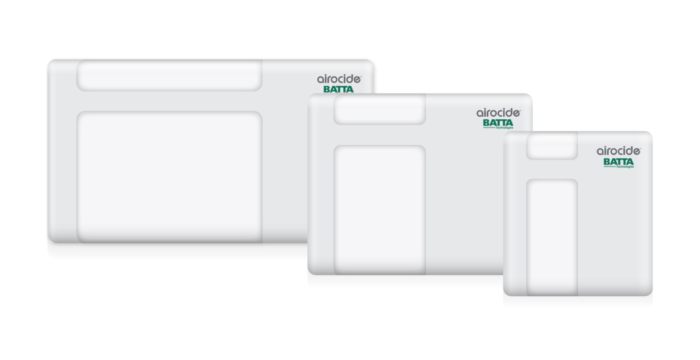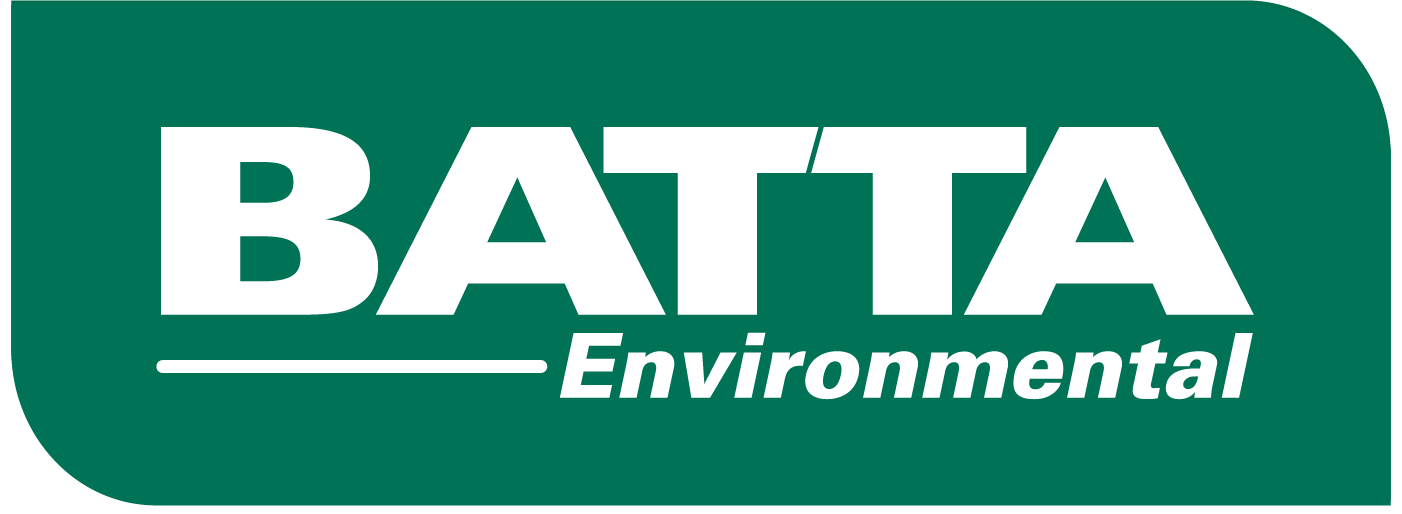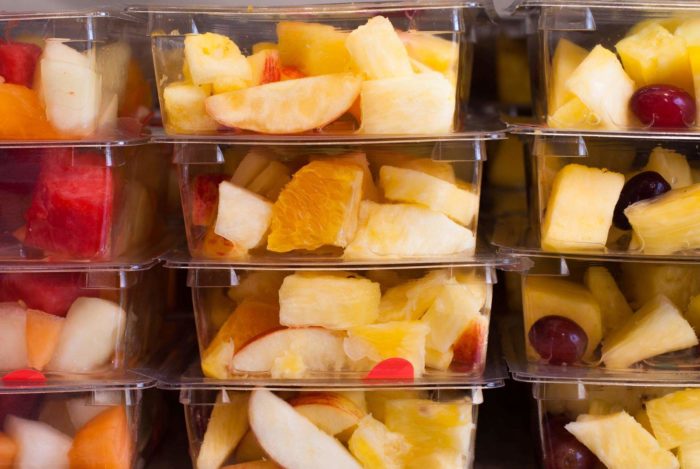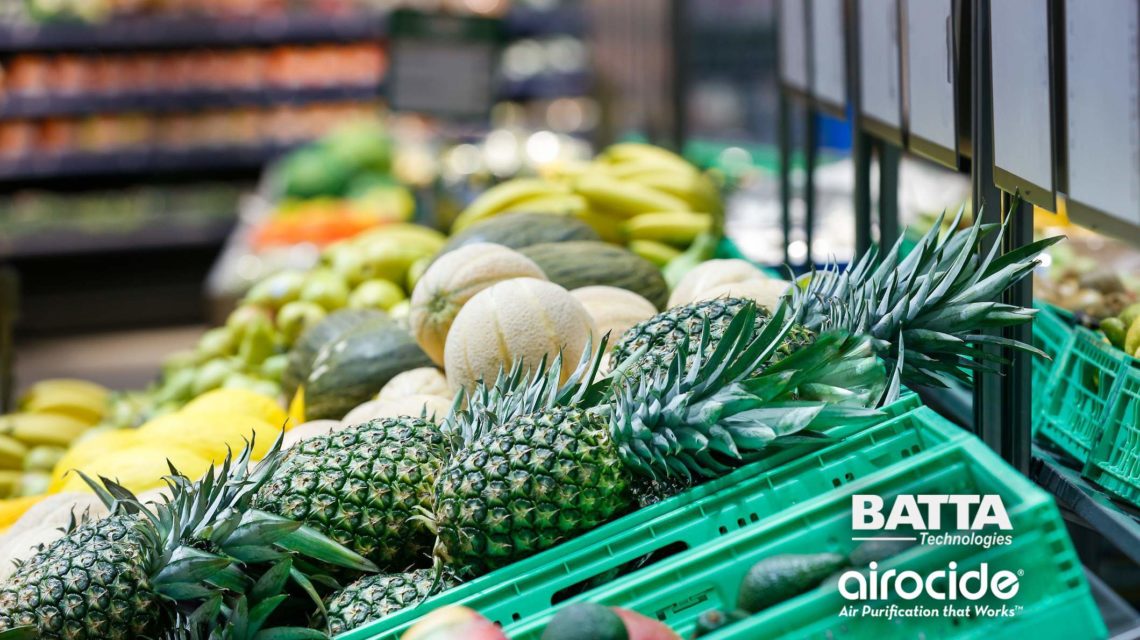
Pineapple Industry on the Rise
In today's connected global economy, pineapples are available on demand just about everywhere on earth.

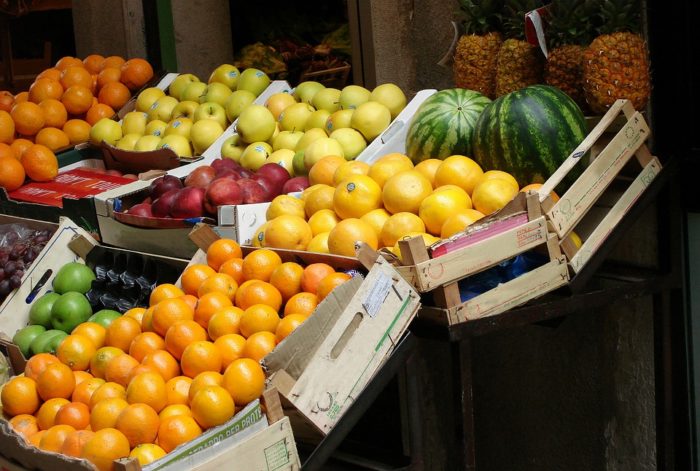 Pineapple are sweet, delicious, and nutritious enough to be mother approved. In fact, In today's connected global economy, pineapples are available on demand just about everywhere on earth. Pineapple consumption is up 4% in 2017 compared with 2016. What is even more interesting, is that it is fresh product in demand. Canned pineapple consumption has been falling for 20 years straight. Following trends in other areas of the produce world, fresh is what is best. However, fresh can take two forms. A customer can purchase an entire pineapple, and then cut it themselves. Or, grocery chains can hire people to cut pineapples into cubes for sale in sealed containers.
Pineapple are sweet, delicious, and nutritious enough to be mother approved. In fact, In today's connected global economy, pineapples are available on demand just about everywhere on earth. Pineapple consumption is up 4% in 2017 compared with 2016. What is even more interesting, is that it is fresh product in demand. Canned pineapple consumption has been falling for 20 years straight. Following trends in other areas of the produce world, fresh is what is best. However, fresh can take two forms. A customer can purchase an entire pineapple, and then cut it themselves. Or, grocery chains can hire people to cut pineapples into cubes for sale in sealed containers.
As with any fresh product, the journey to your local grocery store shelf begins in a packing facility. The biggest threat to the Pineapple at this stage of the supply chain, is called Pineapple Black Rot. Any pineapple that is bruised during transport or kept in high humidity conditions is susceptible. So, this is considered the number one cause of shrink in the pineapple business. The actual cause of the disease is a fungus called Ceratocystis paradoxa. This fungus originates in the fields where pineapple is planted, but survives in the environment as spores in the air. Even one infected fruit can cause local fungal lodes serious enough to damage large quotients of packed pineapples. The spores enter wounds and grooves on the fruit, and are provided sufficient water and nutrients to develop on the surface of the pineapple. Once maturity is reached, it is referred to as hyphae, and this is what causes the characteristic black spots on the pineapple. In addition to making the infected fruit unsellable, the hyphae engage in sporulation (ejection of spores), which can cause subsequent infection of other fruit. So, this is a self-perpetuating problem that no pineapple industry participant wants to see. The good news is that Airocide has a grand track record in controlling fungal lodes in the air Citrus Study we conducted in Spain. Fungal lode reduction ranges from 88% to 100%, which are the kind of results pineapple industry participants need to keep their product safe.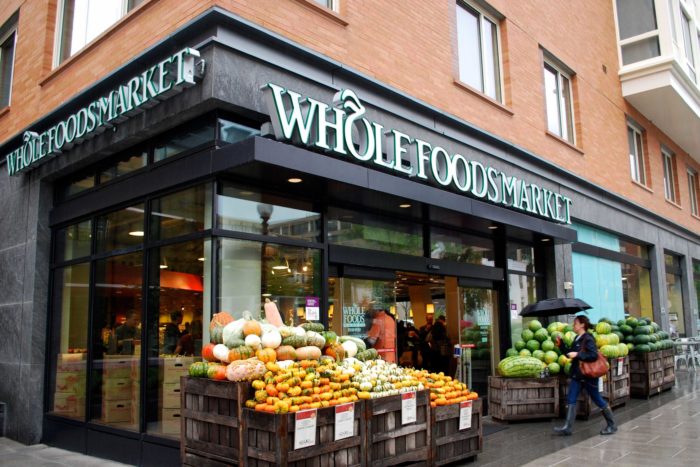
Pineapples are also Ethylene producers. While they produce Ethylene at low levels individually, in large quantities they can create problems for surrounding Ethylene sensitive fruits such as apples. Garrison Cold Storage in Long Beach, CA acquired the Airocide NASA PCO technology to control this situation. As pineapple demand grows, distribution centers in the destination countries will have to accommodate larger numbers of Ethylene emitting pineapples in storage proximate to other fruits which may be sensitive to the emitted Ethylene. We have an excellent case study from Del Monte that demonstrates the ability of Airocide NASA Technology to remove Ethylene in an identical circumstance.
